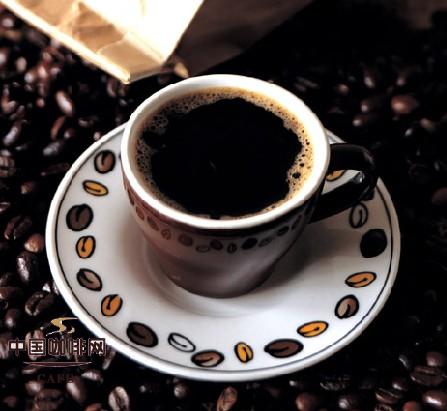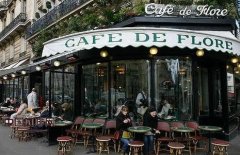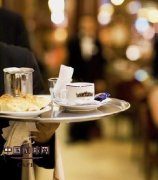Coffee has become another extreme culture in the hands of Europeans.

When you come to the cafe, of course you come to drink coffee first.
Coffee, a magical drink, was endowed with magical functions as early as the Arab era. with the help of coffee, people thought about problems, dreamed of the world, and debated current politics. "it is the spiritual food for thinkers and chess masters"-by the way, Arabs hone their chess skills in coffee shops. Come to the cafe, people read, chat, listen to music, play chess, in the fragrant taste of coffee, let rational thinking insert romantic dream wings.
Europeans are also a people who love to argue, and coffee in their hands has become another extreme culture. Those who drink or gamble are not allowed to enter the door of the cafe, because people come to the cafe to promote intellectual growth. This enthusiasm for cafes expanded rapidly, and by 1730, there were nearly 4000 large and small cafes in Paris, the whirlwind center of the future democratic revolution. Looking at other places, such as London, Rome, Germany and Austria, it is too late to build new cafes, but more downtown restaurants, taverns and even high-end hotels are transformed directly into tall baroque cafes.
Later, cafes have more functions, including tea, cocoa, alcoholic drinks, all kinds of milk snacks and even dishes. In some cafes, people can stay overnight, often with bright lights until midnight, which is very lively.
In order to open up a wider public social life, high-end cafes at that time spared no expense to build halls that could hold dozens or even nearly a hundred coffee tables. For a long time, this was the earliest and only place for people from all walks of life to come and go freely in European cities. Among all kinds of people, there was a flood of inspiration from scholars in cafes and the quintessence of human civilization. From this small coffee table, it slowly spread all over the world.
Important Notice :
前街咖啡 FrontStreet Coffee has moved to new addredd:
FrontStreet Coffee Address: 315,Donghua East Road,GuangZhou
Tel:020 38364473
- Prev

Colonial Coffee Garden, a microcosm of cosmopolitanism
Modern people can drink coffee as much as they like, but there has been a rough ban on coffee in history. It is said that the world's first ban on cafes can be traced back to the holy place of Mecca in 1511. The rulers thought that the parties on the coffee shop table would threaten their authority and closed all the cafes in the city. As a result, the ban was repealed automatically because the Sultan fell in love with drinking coffee. At the beginning
- Next

Procope, the oldest cafe in Paris.
Founded in 1686, Procope is the oldest coffee shop in Paris, but its founder is not a Frenchman, but Mr. Francesco Procopio Dei Coltelli from Palermo, Sicily, Italy. The cafe is named after its owner. However, the original Procope was not a cafe, but a high-end Turkish bathroom. Procopio becomes coffee
Related
- How did the Salvadoran coffee industry develop in Central America?
- What exactly does the golden cup extraction of coffee mean?
- The Origin of Coffee flower
- [2023 Starbucks World Earth Day] there are more meaningful things besides free Starbucks coffee!
- What kind of coffee is there in Spain? 9 Flavors of Spanish Coffee
- Aromatic African coffee| Kenya's coffee culture and historical production area
- Liberica Coffee Bean knowledge: the characteristics of Liberian Coffee beans of the three original species of Coffee beans
- The origin and formula of Spanish latte introduces the taste characteristics of Bombon coffee in Valencia, Spain.
- How to adjust the solution of over-extracted coffee
- What is the tasting period of coffee beans? What is the period of coffee and beans? How should coffee wake up and raise beans?

